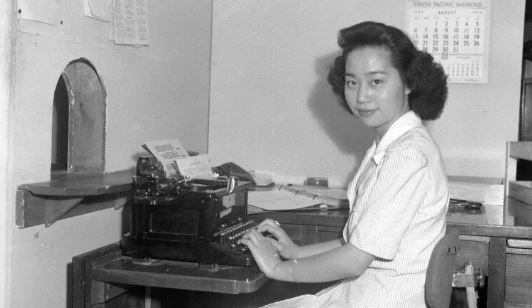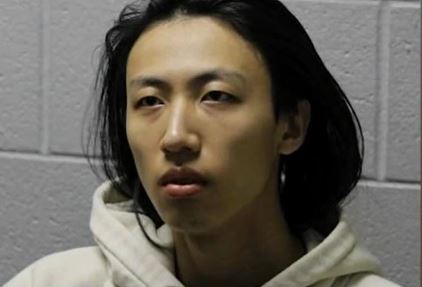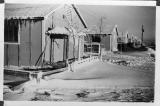By Sophia Lovell
On December 18, 1944, 22-year-old Mitsuye Endo Tsutsumi’s case in the U.S. Supreme Court led to the unanimous decision that the Japanese American community could not legally be removed from their homes and incarcerated without cause.
In mid-March of 2024, the Endo Presidential Medal of Freedom Committee began their efforts towards petitioning the White House to recognize Mitsuye Endo Tsutsumi, posthumously, with the Presidential Medal of Freedom for her courageous efforts that resulted in the closing of Japanese incarceration camps.
During World War II, in 1942, Mitsuye Endo was fired from her California State job, and was removed from her home with her family. They were sent to Tule Lake, followed by Topaz and placed in incarceration camps.
LATEST STORIES
A young lawyer, James Purcell, was working with the Japanese American Citizens League during the war to challenge the entire incarceration. He set his sights on finding the perfect plaintiff: Mitsuye Endo was a 22-year-old Christian woman who could not speak or write in Japanese, had never visited Japan, and had a brother who was in the army.
Purcell filed a habeas corpus petition in July of 1942 which was denied a year later. As her case was pending before the Supreme Court, Endo was offered an immediate release from the camps. If taken, that release would have led to her case being dismissed.
In an act of courage and sacrifice for the greater cause, Endo denied the offer and remained incarcerated for another one-plus years. Endo was one of four cases, and the only female plaintiff that was brought to the Supreme Court to challenge the Japanese American incarceration. As detailed by Endo Presidential Medal of Freedom Committee co-chair Peggy Nagae, in an interview with AsAmNews, “They [the Supreme Court] upheld unanimously in the Endo case that Japanese Americans could not be imprisoned without cause… her case played a significant role in closing the concentration camps and the return of Japanese Americans to the West Coast in ’45 and ’46.”
Other members of the committee include Kathryn Banai, Rodney Kawakami and Dale Minami, each of whom played a key role in the legal processes of the other three pivotal cases. Plaintiffs George Hirabayashi, Fred Korematsu, and Minoru Yasui alongside Endo had their cases brought before the Supreme Court. After each other plaintiff has now received the Presidential Medal of Freedom, these individuals have set their sights on ensuring that Mitsuye Endo Tsutsumi gets the recognition that she deserves.
“Oftentimes women get erased… I just felt that if I could help get the Presidential Medal of Freedom for her it would round out both all four people getting the Medal of Freedom, but also my feeling of responsibility to uplift other women leaders for their bravery and their courage, Nagae said.
In conjunction with the leaders of Japanese American Citizens League, the Japanese American National Museum, and Oregon Working Group, along with Sandra Yamate, the committee has gotten over 3,500 signatures on their petition, as well as hundreds of letters written to the White House in support of the cause.
As the effort wraps up and they collect the final signatures on the petition, Nagae would like to note that regardless of the outcome, she is grateful for all of the efforts of everyone involved: “We do it together, we do it as a community of believers of the constitution and believers of democracy.”
AsAmNews is published by the non-profit, Asian American Media Inc. Follow us on Facebook, X, Instagram, TikTok and YouTube. Please consider making a tax-deductible donation to support our efforts to produce diverse content about the AAPI communities. We are supported in part by funding provided by the State of California, administered by the California State Library in partnership with the California Department of Social Services and the California Commission on Asian and Pacific Islander American Affairs as part of the Stop the Hate program. To report a hate incident or hate crime and get support, go to CA vs Hate.









Wow, this lady and the others who were a part of the Supreme Court challenge is a genuine hero, and deserves so much credit and recognition (as in fact do all those who were wrongfully incarcerated, lost their livelihoods and possessions, served in the American military, etc etc).
Why is this tragedy not being taught in some detail in our public school systems???
…….On December 18, 1944, 22-year-old Mitsuye Endo Tsutsumi’s case in the U.S. Supreme Court led to the unanimous decision that the Japanese American community could not legally be removed from their homes and incarcerated without cause……..